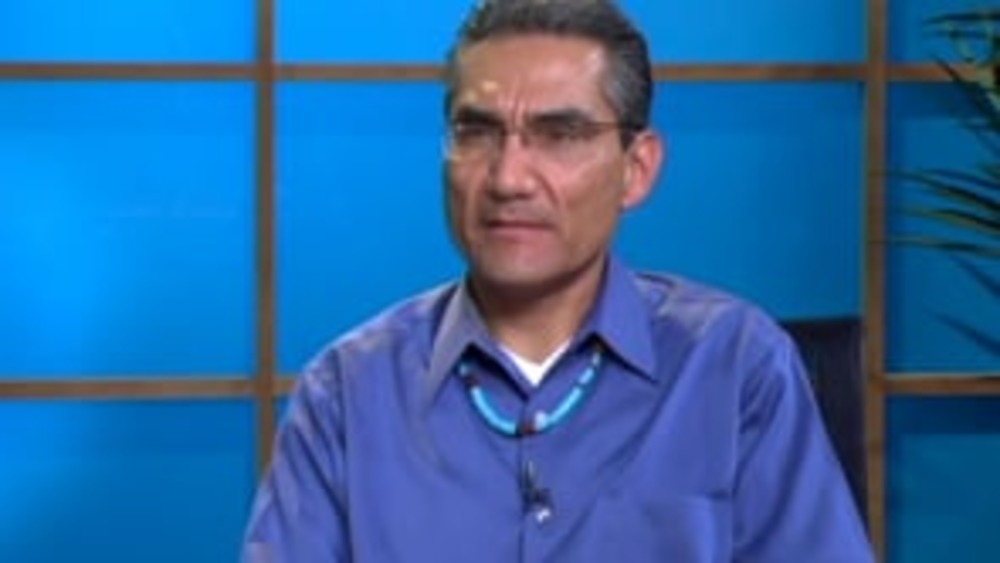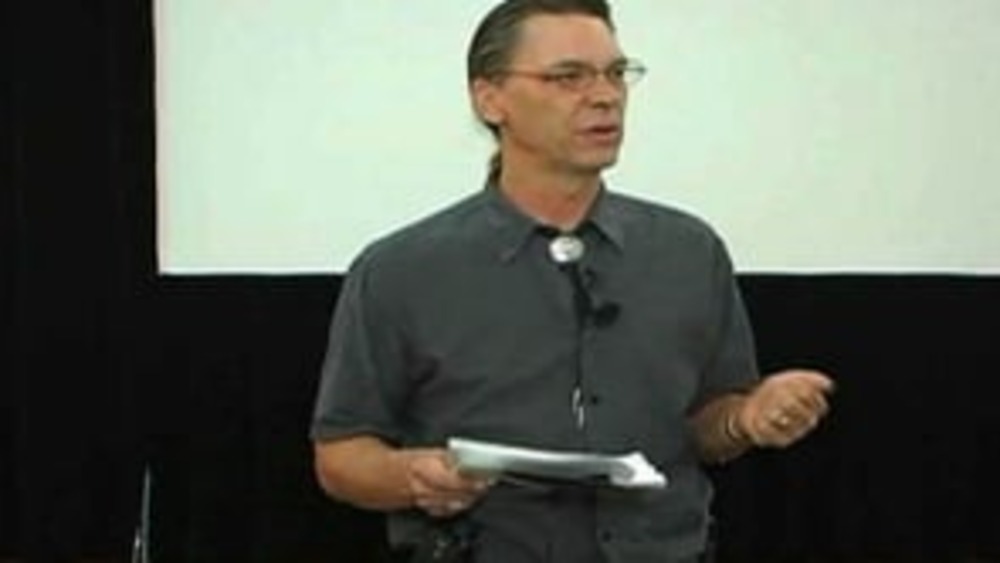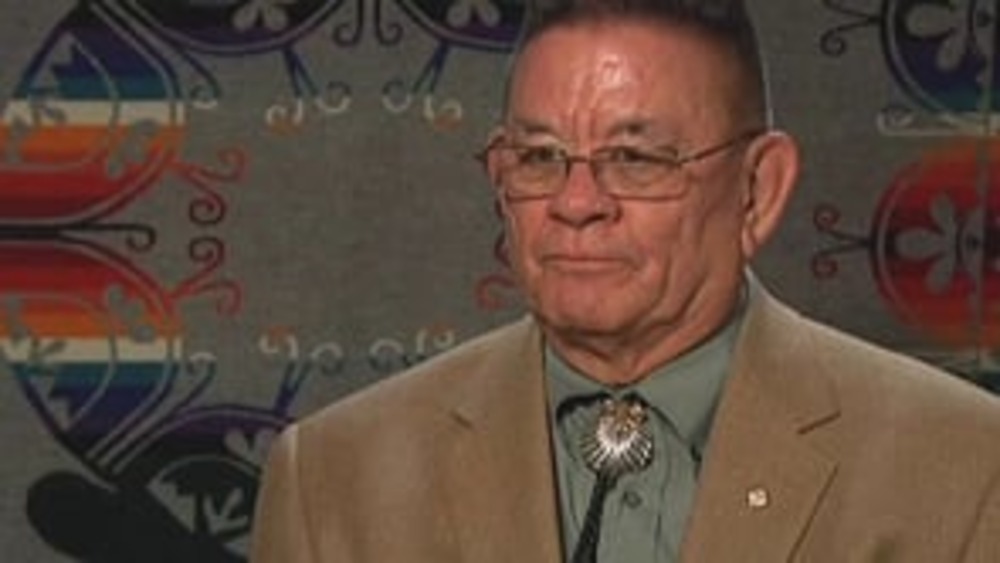Professor Robert A. Williams, Jr. argues that Native nations can reintegrate their unique cultures and common law into their governance systems, specifically their systems for resolving disputes and providing justice to their citizens and others.
Additional Information
Williams, Jr., Robert A. "Justice Systems: Moving Your Nation Forward." Native Nations Institute for Leadership, Management, and Policy, University of Arizona. Tucson, Arizona. 2012. Lecture.
Transcript
"I have heard many tribes, many tribal members and council members -- when we talk about the need to build tribal courts that are responsive to the community and understand the communities' traditions and culture and language -- and I've heard them say, 'Well, we've lost our traditions, we've lost our culture, we've lost our language,' without really thinking about what it means that you are letting go so easily. There is a rich tradition of tribal law and custom and practice that Indigenous peoples relied upon to survive here for five hundred years, for thousands of years before non-Indians came. Here is the amazing thing: that despite three hundred years of overt colonization and genocide, Indian people have been able to maintain their tribal customs and traditions and still hang around. Federal Indian law is not the reason that Indians are still here. The reason that Indians are still here is because tribal people and tribal leaders clung to their traditions and found ways to perpetuate them -- below ground.
The idea the judge is a sacred position in every tribe. If you study any tribe, if you study your tribe's culture, the people that you would identify in history as most closest to those who are judges, who are peacemakers, always spoke with sacred authority. That was the tribal worldview. And this person had a special knowledge that was respected and revered.
In towns of the Cherokee Confederacy, people gathered annually to hear the tribal orator -- a priest that was sometimes called 'the beloved man' -- recite the common law of the Confederacy. When the orator spoke the law, he was reading the meaning of history and tradition contained in the tribal wampum, and he held the ancient and sacred wampum belts in his hand.*
And so when you say, 'We've lost our traditions, our language and our culture,' you're letting go of something very easily that has great power, and can be found again. There are many tribal courts and tribal nations that are actively involved in the process of rebuilding their tribal law and traditions with very little. You don't need a lot to get the process going. And I think one of these ideas that I really want to plant in our hearts and our minds is that the source of our salvation, the source of our strength to re-build our tribal nations will come from tribal law and traditions. Because that's the knowledge that you grow up with. Nobody tells you, 'Oh, this is how Lumbees act.' Nobody tells you, 'This is how Lakota act.' Or this is how Cree people act. You just grow up in a house and your grandmother slaps you upside your head when you don't act right. And after a while you learn to adapt to your Indian environment, and you act right! And you learn what it means to be an Indian without anyone telling you that. And 200 years of colonialism and residential schools hasn't knocked that out of you. I can close my eyes and go into any community in the United States and I know when I'm in an Indian community, either by the smells, the food, the talk, the silences. We're just different. We have maintained our cultural continuity. There's a reason you're still here. The fact that you're here insisting on your right of self-government isn't something somebody has invented for you. It's something that you have always had, and you've never let go of. So, don't let go of your tribal traditions and your law. Find ways to rebuild that too."
*Quoting Rennard Strickland's Fire of the Spirits: Cherokee Law from Clan to Court (Oklahoma Press, 1982), p. 11.



